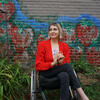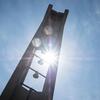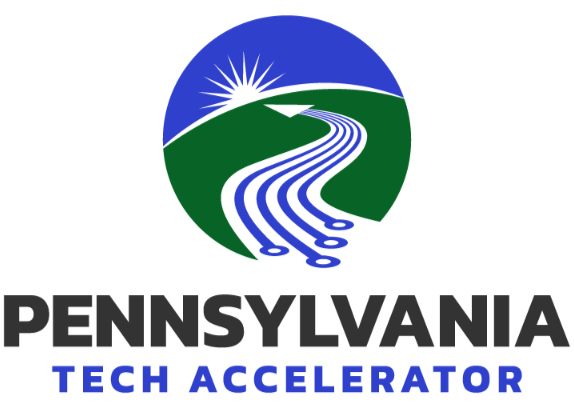Pennsylvania Technology Summit Dates and Locations
Thursday, March 6, 2025: Philadelphia
Expanding Awareness and Access
The goal of the Summit is to expand the awareness of, and access to, assistive technology and remote technologies in order to build capacity of technology users throughout the Commonwealth.
The Technology Accelerator Summit will be held on two dates at two locations with very similar content and presentations.
Who is Invited?
People with disabilities and their families
Direct Supports Providers and professionals working with people with disabilities, such as Direct Care Workers, Direct Support Professionals, Support Service Professionals, Supports Coordinators, Job Coaches, and healthcare professionals
Organizations and Providers who serve people with disabilities
Policymakers, advocates, and allies for people with lived disability experience
Students looking to work in disability-related fields
Anyone interested in technological supports for people with disabilities
Keynote Presenter: Rebekah Taussig, Ph.D.

Rebekah Taussig is an author, educator, and disability rights activist dedicated to changing cultural narratives around disability, motherhood, and what it means to live in a human body.
She believes storytelling can change the world, literally. Read more on Rebekah's website
Four Concurrent Strands
From Advocacy to Action: Policies and Funding for Assistive Technology
Innovative Remote Supports for Everyday Living
Technology for Access and Community Living
Technology Accelerator: Into the Future
Panel Discussion
A panel of technology users will give advice, share their own stories of how technology has helped them, and answer questions.
Vendors
Invited vendors will showcase their services and devices, and share solutions with attendees.
Accessibility
Both summit locations provide barrier-free entrances, wheelchair-accessible spaces and restrooms, and quiet spaces. Keynote sessions will be live captioned (CART); other sessions will include auto-generated captions. The registration form below may be used to request other accommodations. Please submit requests at least two weeks before your chosen event.
Questions?
Please email Elijah Youngs at Elijah.Youngs@temple.edu or call 215-204-1356.
About the Pennsylvania Tech Accelerator
The Institute on Disabilities at Temple University, College of Education and Human Development is partnering with the Pennsylvania Office of Developmental Programs and Office of Long-Term Living, Department of Human Services, and the University of Kansas Center on Disabilities' State of the States team on a statewide initiative called PA Tech Accelerator.
The goal of the program is to expand the awareness of, and access to, assistive technology (AT), to build capacity of AT users and to measure effectiveness around AT use, access and service across the Commonwealth.
This project is made possible by Pennsylvania's Department Human Services through funding from the American Rescue Plan Act.



